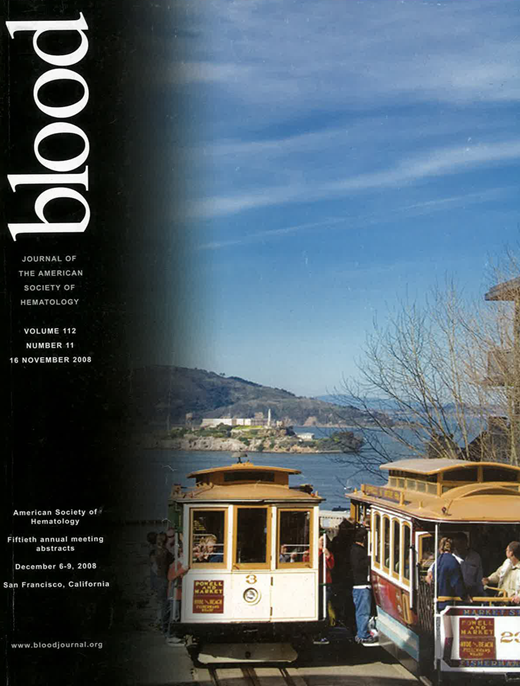Abstract
Background: HLH includes the great majority of patients with macrophage-related disorders. Although HLH is considered as a reactive disease, it is an invariably fatal disease. HLH have 2 types: familial hemophagocytic lymphohistiocytosis and secondary hemophagocytic syndrome. The HLH-2004 protocol made by Histiocytosis Association of America (HAA) was for patients aged <18 years. There was no standard protocol for adults patients with HLH. But the HLH cases was not rare in patients aged >18 years, especially in China. We had 2 HLH cases recently, the 2 patients had different prognosis through different treatment.
Patients and treatment: Case 1, a 20 years old man, he had mild infection 3 weeks ago, and was cured by antibiotics. Then 2 weeks ago, he got persistent fever, lymphadenectasis, hepatosplenomegaly and pancytopenia. Bone marrow smear discovered 3.5% hematophagocyte, no malignant cells. His direct bilirubin (DBIL) increased to 229.9μmol/L, fibrinogen decreased to 0.14g/L, albumin decreased to 24.6g/L in 5 days. Then he was treated with the HLH-2004 protocol (VP-16+dexamathsone+ciclosporin A). After 10 days treatment, his DBIL became 149.7μmol/L, fibrinogen increased to 1.73g/L, albumin increased to 31.2g/L, The pancytopenia was improved too. Now he was still in recover state. Case 2, a 33 years old woman, she was diagnosed enteric T-cell Non- Hodgkin’s Lymphoma 3 weeks ago. She had normal blood cell analysis and liver function at that time. She had colon perforation because of the lymphoma before the diagnosis and the abdominal inflammatory was severe. Also 1 week after her diagnosis, she had HLH. We try to improve her state by supportive treatment. No chemotherapy was used. Soon, severe pancytopenia appears, her fibrinogen decreased to 0.84g/L, albumin decreased to 23.1g/L, alanine transarninase (AST) increased to 201U/L. Her state aggravated very fast and died of hemorrhea and shock. Almost all adult patients with HLH had poor prognosis without the HLH-2004 protocol treatment. HLH-2004 protocol might be a hope for adult patients with HLH. We need to investigate the effects of HLH-2004 protocol through treating more adult patients with HLH. Also, after the diagnosis of HLH, the patient should be treated as soon as possible, because the multi-organ failure could be developed very fast. The chance of treatment might be lost because of multi-organ failure.
Disclosures: No relevant conflicts of interest to declare.
Author notes
Corresponding author

